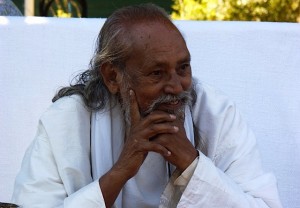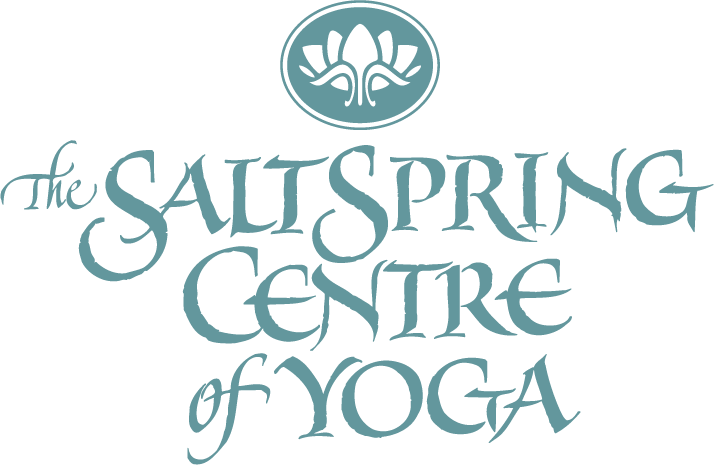Living in Community

As mentioned in this month’s Centre update, the subject of community is in the air. In the many years since Dharma Sara Satsang Society began forming as a community, we have learned a lot about what makes a community work and what doesn’t – often the hard way – and we continue learning. As the elders grow older and ponder questions of succession, we welcome continuing dialogue.
Those of us who’ve been around for many years – and who “grew up” with Babaji, having been in our twenties and thirties in those early years – had a different experience from those who have arrived since, yet the foundation is the same. Recent arrivals still hold the aim of karma yoga, selfless service. The goal for the elders is to keep the foundation strong while listening with open hearts and embracing the ideals and ideas others bring. Babaji’s oft-quoted teaching -Work honestly, meditate every day, meet people without fear and play – continues to guide us.
Here are a few things Babaji has said about community:
Human beings are tribal by nature. They know for their survival they have to be supported by each other. So, like-minded people get together and make their own tribe. The tribe creates rules and a community is formed.
In the community, the main rules are to establish a sense of family, partnership, support and selfless service. A sense of family is established by working, playing and eating together.
Each member of the community is supported by the community physically, psychologically and emotionally. Everyone works for the good of the community, and the community works for the good of everyone.
In this way, everyone shares an active, industrious and virtuous life, and lives a well-disciplined life, which brings every member of the community together with a spirit of love and cooperation.
Disciplined life, love, unity and cooperation bring success and remove all morbid feelings within an individual, as well as in the community.
This is all true, yet it’s not easy. It involves a process of wearing away all our prickly edges – our ideas about how things should be, from our particular viewpoint. The ideal of working together with a common aim helps keep the fabric of the community together, but the day-to-day practice of how we do that – how we make decisions, how we relate to each other, how we respond to difficult situations – is hard work, requiring self-awareness.
When we have difficulties with another person or situation, there is an opportunity to see where we’re stuck – but, as we all know, it’s so much easier for us to blame others – or ourselves. To live and work together, we have to open our hearts and our minds and become curious about what lies beneath our own opinions and those of others. It turns out the line “meet people without fear” is a big teaching for all of us.
In his book “After the Ecstasy, the Laundry”Jack Kornfield says, “If we go to spiritual community in search of perfect peace, we will inevitably meet failure. But if we understand community as a place to mature our practice of steadiness, patience and compassion, to become conscious together with others, then we have the fertile soil of awakening. One Korean Zen master told students that their communal practice was like putting potatoes in a pot and spinning them around together long enough to rub off all the peels.”
Communities come in many forms and sizes, but the same principles apply. To live a productive and nourishing life, we have to work together. We need each other; we learn from each other.
Selfless service is the best way to attain mental peace. Do your duty in the world and surrender to God – that’s all. Simply living in a community with an attitude of selfless service can, by itself, bring peace.
contributed by Sharada
